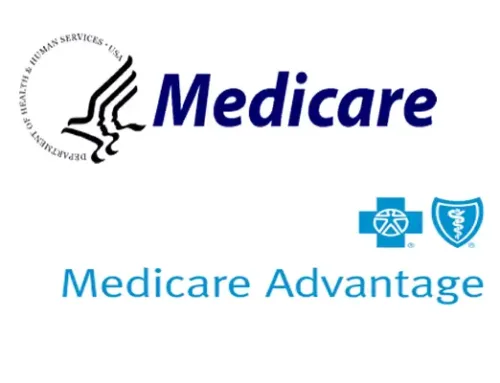Leveraging physician advisors effectively can yield several benefits for healthcare organizations:
- Clinical Guidance and Expertise: Physician advisors can provide valuable clinical guidance and expertise to various departments within the organization. This can include assisting with complex patient cases, offering input on treatment plans, and providing education to staff on clinical best practices.
- Revenue Cycle Optimization: Physician advisors can help optimize the revenue cycle by ensuring accurate documentation, proper coding, and compliance with billing regulations. Their input can lead to fewer denials, faster reimbursement, and increased revenue for the organization.
- Quality Improvement Initiatives: Physician advisors can play a key role in quality improvement initiatives by analyzing clinical data, identifying areas for improvement, and implementing evidence-based practices. Their clinical insights can lead to better patient outcomes and higher levels of satisfaction.
- Utilization Review and Resource Management: Physician advisors can assist with utilization review and resource management by ensuring that resources are allocated efficiently and appropriately. They can help identify opportunities to reduce unnecessary utilization and control costs while maintaining quality of care.
- Interdisciplinary Collaboration: Physician advisors can facilitate interdisciplinary collaboration by acting as liaisons between clinical departments, administrative staff, and external stakeholders such as payers and regulatory agencies. This collaboration can lead to improved communication, streamlined processes, and better overall outcomes for patients.
- Education and Training: Physician advisors can provide education and training to clinical staff on a variety of topics, including documentation requirements, coding guidelines, and regulatory compliance. This can help ensure that staff are knowledgeable and up-to-date on relevant issues, leading to improved performance and reduced risk for the organization.
- Risk Management and Legal Compliance: Physician advisors can help mitigate legal and regulatory risks by ensuring that clinical documentation is accurate, complete, and compliant with relevant regulations. Their expertise can help the organization avoid costly fines, penalties, and legal disputes.
By leveraging the expertise of physician advisors in these ways, healthcare organizations can improve clinical outcomes, enhance operational efficiency, and mitigate risk, ultimately leading to better overall performance and success.





